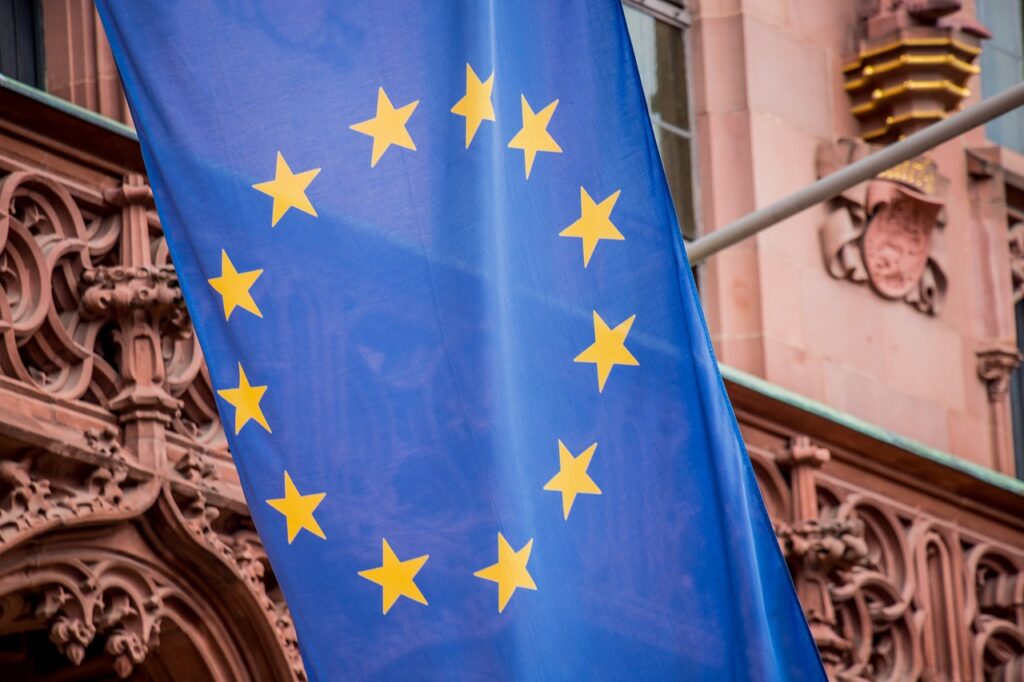Europe’s transport decarbonization strategy has entered a new phase. The European Commission has unveiled its Sustainable Transport Investment Plan (STIP), outlining a unified framework to channel capital toward renewable and low-carbon fuels for aviation and waterborne transport, sectors responsible for nearly 8% of EU greenhouse gas emissions and among the hardest to decarbonize.
To align with the ReFuelEU Aviation and FuelEU Maritime targets, the EU estimates a demand for approximately 20 million tonnes of sustainable alternative fuels by 2035, including 13.2 Mt of biofuels and 6.8 Mt of e-fuels. Meeting this target will require around €100 billion in investment, primarily from private and industrial stakeholders. The STIP is designed to create regulatory stability, bridge financing gaps, and provide the long-term market certainty investors have repeatedly said is missing.
The plan’s immediate focus is to accelerate domestic production of sustainable aviation fuel (SAF) and sustainable maritime fuel (SMF). Europe already holds significant technical capacity — including leading SAF technology providers and early-stage e-fuel developers — but production volumes remain far below market demand. In 2024, total SAF output in the EU accounted for less than 0.5% of jet fuel consumption, underscoring the urgency to scale production beyond demonstration level.
Under the STIP, €2.9 billion in EU measures will be mobilized through 2027, with InvestEU dedicating €2 billion specifically for alternative fuel projects. The European Hydrogen Bank will add another €300 million to support hydrogen-derived fuel production, particularly for aviation and shipping. Complementary mechanisms include €133 million for R&I projects under Horizon Europe and nearly €450 million under the Innovation Fund for synthetic aviation and maritime fuel initiatives. These coordinated actions represent the first structured attempt to align industrial financing instruments around transport decarbonization.
A critical component of the plan is the establishment of a medium-term revenue stabilization mechanism that connects fuel producers with offtakers. This aims to mitigate the volatility of e-fuel and biofuel prices and ensure predictable returns, addressing one of the key deterrents for private capital. The Commission also announced an eSAF Early Movers Coalition — expected to mobilize €500 million by year-end — bringing together Member States and private actors committed to advancing synthetic aviation fuel projects.
However, experts caution that finance alone may not resolve structural bottlenecks. The sustainable fuel industry continues to face regulatory fragmentation across Member States, permitting delays, and feedstock competition with other sectors. Without harmonized standards and long-term supply contracts, investors may still perceive risk levels as too high for large-scale deployment.
The STIP’s geopolitical dimension is equally notable. The plan seeks to expand international partnerships to diversify supply chains for sustainable fuels while safeguarding European production competitiveness. As global markets move to secure e-fuel and SAF capacities — notably the U.S. under the Inflation Reduction Act — Europe’s ability to retain its industrial edge will depend on how effectively it deploys these funds and coordinates member-level implementation.
Commissioner for Sustainable Transport and Tourism Apostolos Tzitzikostas framed the plan as a test of Europe’s industrial resilience: “Our Sustainable Transport Investment Plan is not just about cutting emissions — it’s about building a stronger, more competitive Europe that leads in sustainable transport.”
Stay updated on the latest in energy! Follow us on LinkedIn, Facebook, and X for real-time news and insights. Don’t miss out on exclusive interviews and webinars—subscribe to our YouTube channel today! Join our community and be part of the conversation shaping the future of energy.
